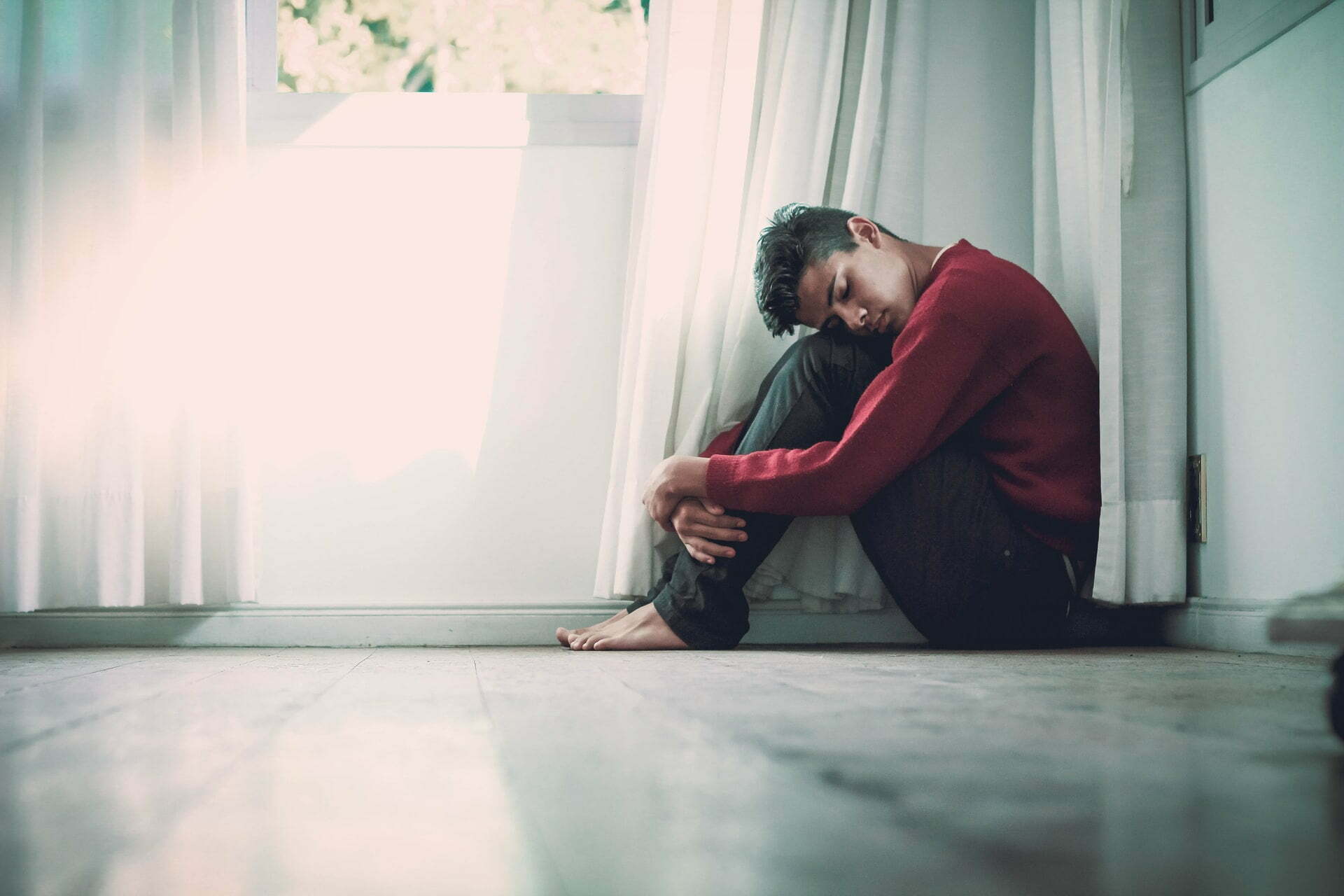Many people in the United States suffer from a form of social anxiety, although they are unaware it a serious chronic condition. While social anxiety and nervousness around new people can be commonplace, chronic anxiety can hinder a person’s ability to focus, succeed at tasks, or communicate with others through social phobia.
Luckily, there are ways to condition such a phobia in order to function both in the workplace and in social situations. With a little practice and strategy, social anxiety can be successfully overcome. Here, we will look at some of the most common symptoms of social anxiety and how to go about your daily life without letting those social phobias or social anxiety disorder get the best of you.
Common Symptoms of Social Anxiety

Like any anxiety disorder, social anxiety usually begins early in life when social situations with peers become most common. Whether in school with other adolescents or joining the workforce as an adult, the social phobia surrounding new friendships or co-worker relationships can become more deeply felt, especially if no one around you notices. For example, many people begin feeling restless at the very thought of getting up each morning and facing the outside world, the mere thought of mandatory social interactions having psychological, emotional, and physical effects. Restlessness during the night can lead to ongoing insomnia, especially as thoughts regarding the next day’s tasks and social situations become overwhelming. Soon, your social anxiety can dictate how much time you spend procrastinating or putting off facing other people.
Although shyness is common in both young people and adults, when the discomfort associated with new social situations leads to panic attacks, lack of focus or productivity, and depression, those sensations are the tell-tale signs that your social anxiety is a legitimate medical condition. It’s important to note that you’re not alone. Many people suffer from a social anxiety disorder in different ways. During the night, restless leg syndrome and insomnia can be mistaken for having ingested too much caffeine, as the physical effects are so similar. However, these sleep disorders can be rooted in the dread of the next day’s mandatory social settings.
Likewise, a rise in heart rate, mood swings, agitation, fatigue, and overwhelming anxious thoughts can all seem like the symptoms of caffeine, too many other stimulants, or temporary mental adjustments to recent lifestyle changes. However, if these symptoms have been ongoing for months or years, addressing a possible mental health condition such as anxiety disorder or chronic social anxiety can be beneficial to overcoming those challenges.
Living with Social Anxiety Disorder

The first step in learning how to overcome social anxiety is to recognize that you have a chronic social phobia that needs to be dealt with. Many people associate their feelings of social anxiety with a fear of rejection or failure, which prevents them from attempting new jobs, projects, or social settings which require basic interactions. The good news, however, is that the many possible symptoms of social anxiety disorder can be addressed individually, keeping the potentially overwhelming emotional disorder in check and increasing the overall quality of life.
For either adolescents or adults suffering the symptoms of social anxiety disorder, the pain of fearing social situations and new experiences doesn’t have to affect a healthy lifestyle forever. After recognizing that your social anxiety is a problem to address, consider sharing this realization with a friend or family member. Just speaking about it may help. Depending upon the severity of the issue, cognitive behavioral therapy or psychotherapy may not be needed, and just basic small talk about the problem can be very healthy. If medication is warranted, seeking professional help isn’t something to fear, either. If making new friends is particularly difficult, you can start with finding a small support group of others suffering from social anxiety.
When dealing with social anxiety disorder on your own, some basic strategies such as deep breathing, positive guided imagery of best and worst-case scenarios of potential social situations, and meditation can all help. Areas that these natural, mental exercises can aid include communication, learning a new skill, eye and body language during public speaking engagements, and even receiving praise for your accomplishments. Not only will these solutions build towards better self-esteem and assertiveness, but are each an effective way to raise the overall quality of life.





